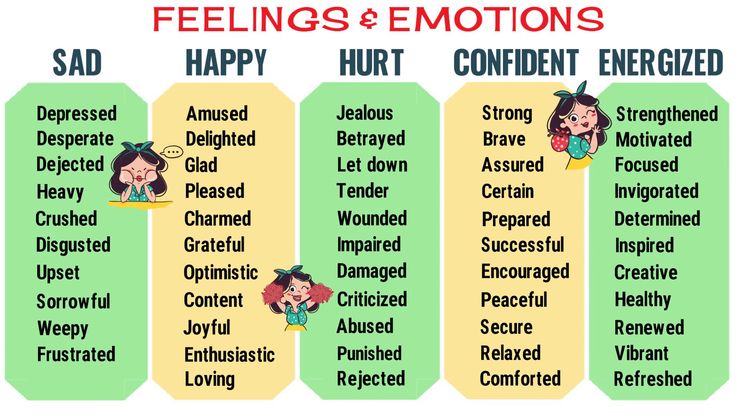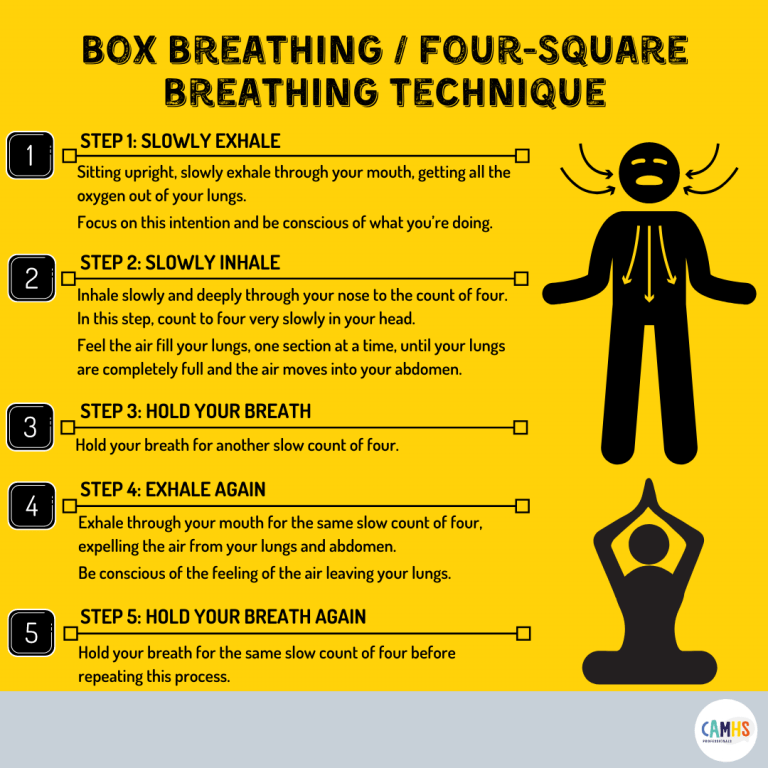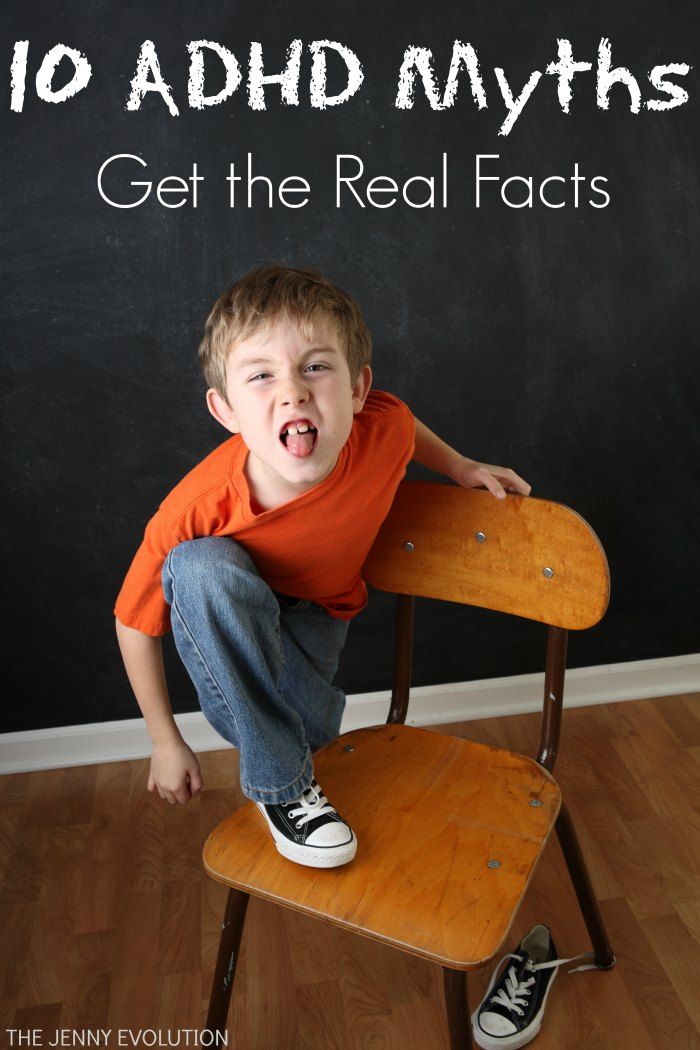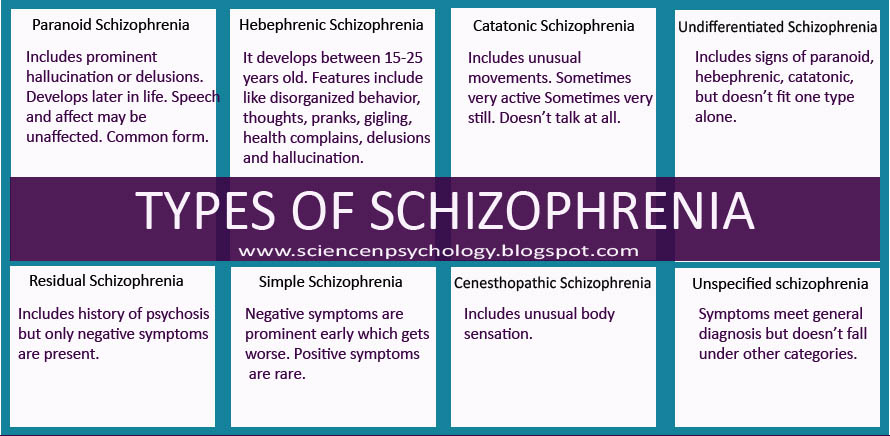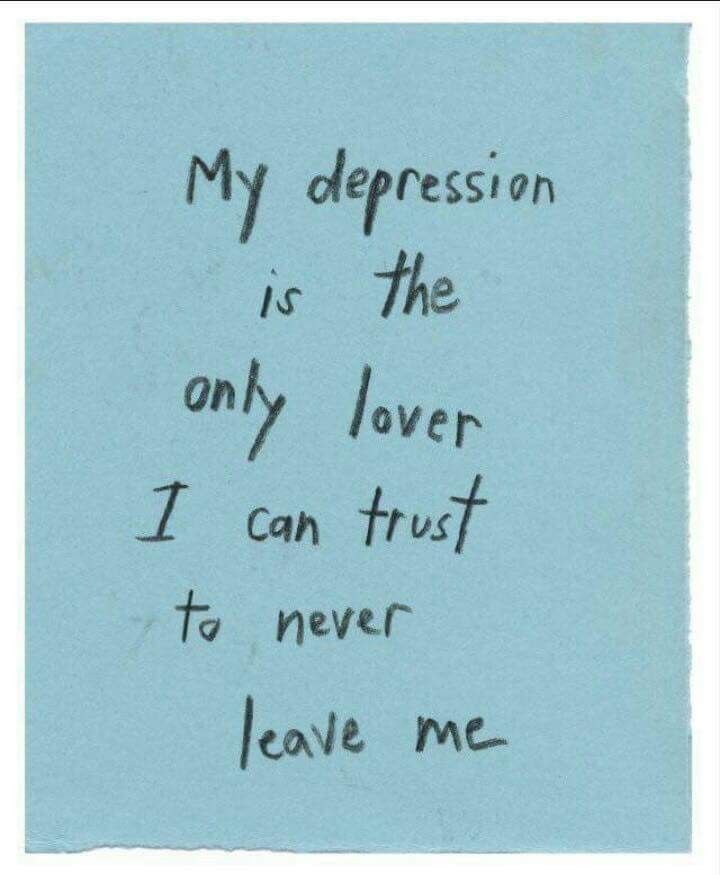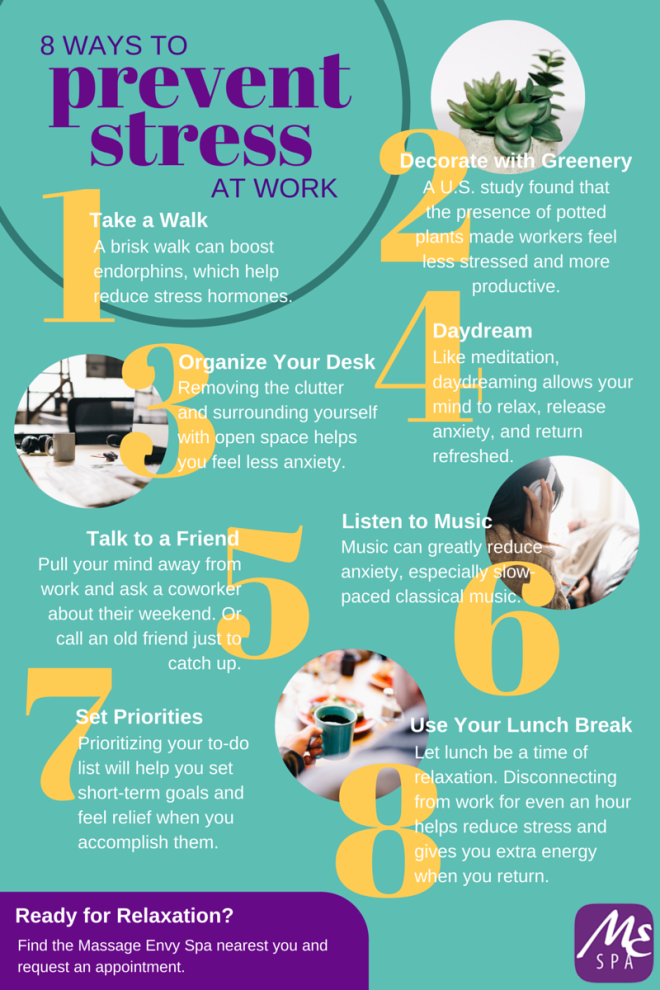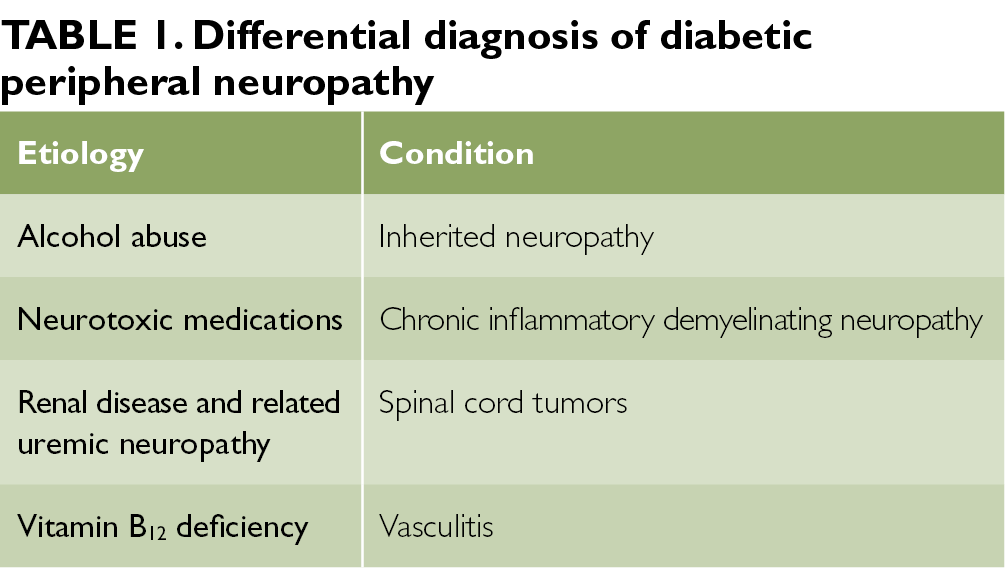I feel like a robot with no emotions
Depersonalization Definition - What Is DP And What Are The Symptoms?
When Does Depersonalization Become Depersonalization Disorder?
Brief episodes of Depersonalization and Derealization are extremely common, caused by anxiety or trauma and usually fade away in a few minutes. Sometimes, the person focuses on the feelings of unreality and worries that they're a separate issue (going crazy, living in a dream).
This can be quite frightening and generates more anxiety, which prevents the DP from fading away as it normally does. (This is particularly common with bad drug experiences, since it can already be tied in with the fear that you're 'going crazy'.)
Instead it turns into a cycle of anxiety and Depersonalization that can last for days, weeks, months. This is when the definition changes from Depersonalization to Depersonalization Disorder (DPD).
How Long Does Depersonalization Last?
For most people, Depersonalization lasts a few seconds or minutes. It can last for the duration of a panic attack, which can be up to 30 minutes or more. Typically it fades away as the anxiety or panic attack subsides and your attention is moved away from the feelings of unreality.
However, when the 'unreal' feelings of DP are focused on and misconstrued as a feeling of 'going crazy', this can cause an anxiety / Depersonalization feedback loop. This can last for months and years, or as long as it's allowed to. Typically when the feedback loop is stopped, the DP subsides in a few weeks.
This question is explored in depth in this article.
Mental Symptoms
Feeling like you're cut off from reality
There's a pane of glass between between you and the world
You’re not in control of your thoughts or actions
You don’t recognise yourself in the mirror
You’re on autopilot all the time
You feel like you’re underwater
You feel as if time is distorted or fragmented
Feel like you’re living in a bubble
Feeling like you’re living in a movie or TV show about your own life
Feeling like you’re living in a dream
Feeling like you’re slightly drunk all the time
Feeling like your vision is somehow off
Feeling like you’re a robot without emotions
Feeling like people around you are robots
Thinking 'I don't feel real'
Wondering 'Am I going crazy?'
Feeling afraid when looking in the mirror
Not being able to recognise yourself in the mirror
Feeling like you’re trapped in your head
Feeling like an alien inside your own head
Feeling like you’re watching yourself from outside your body
Feeling like you’re the only person who has ever gone through this
You’re thinking existential thoughts, about the nature of reality and the universe
Emotional numbness
How Common Is Depersonalization?
Depersonalization is one of the most commonly experienced psychiatric symptoms. Up to 75% of people will experience at least one Depersonalization / Derealization episode at some point in their lives and it's estimated that 1 in 50 people have Depersonalization Disorder. For 2 years I was one of those people.
Up to 75% of people will experience at least one Depersonalization / Derealization episode at some point in their lives and it's estimated that 1 in 50 people have Depersonalization Disorder. For 2 years I was one of those people.
Can Depersonalization Make You Go Crazy?
No, it will not make you go crazy. The Depersonalization definition is that it's a symptom of anxiety. It won't cause psychosis. The feelings of unreality can be very frightening, but at all times your reality testing remains intact. This means that you know the difference between your internal thoughts and the external world. More info is available here.
Can Depersonalization Lead To Anything Worse?
No, Depersonalization won't lead to anything worse. It's completely different from organic brain diseases like schizophrenia, cancer or dementia. It may cause sleep loss and concentration issues but those are side effects of all anxiety conditions.
Can You Recover From Depersonalization Disorder?
Yes, you can recover from Depersonalization Disorder.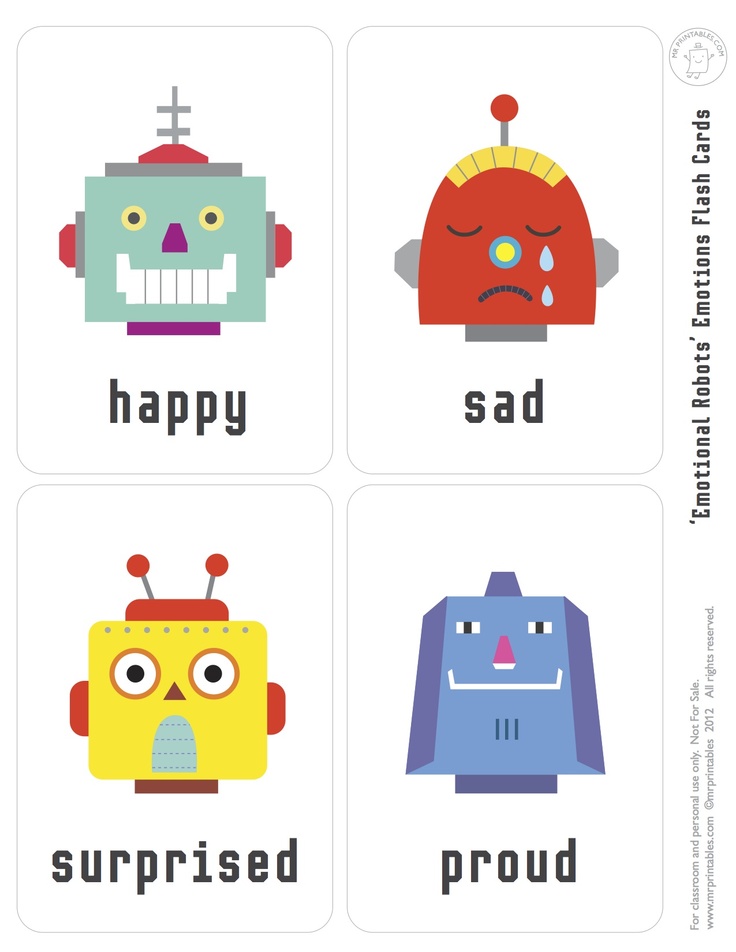 By definition it's not permanent, it's not a standalone condition and even in its chronic form, it's still just a symptom of anxiety. In the same way that anxiety is manageable and can be recovered from completely, the same goes for Depersonalization.
By definition it's not permanent, it's not a standalone condition and even in its chronic form, it's still just a symptom of anxiety. In the same way that anxiety is manageable and can be recovered from completely, the same goes for Depersonalization.
I am an emotionless robot and I don't know how to stop. : self
(Read if you like, this is me trying to understand me. Advice appreciated.)
TL;DR I suppress negative emotions so efficiently I may as well not have them, making me incapable of empathy. This is damaging personal relationships. Advice on how to... feel feelings?
I am an emotionless robot and I don't know how to stop. Well, that's not the entire story. To most people I seem pretty normal and happy. Normal no, Happy yes, because I've become incapable of feeling anything negative. I'm not even angry or upset or depressed about this right now, it just is what it is.
Presented with any kind of negative situation or feeling, I become Spock. A being of logic and reason, no emotion at all. I don't do it on purpose, and I don't know how to stop. It's becoming a problem in my personal relationships, because I'm basically incapable of empathy. My girlfriend was upset yesterday, and while I thought I was being helpful, it turns out that while I can logic my way out of being upset that doesn't work so well as "emotional support". She feels like I'm not emotionally invested in our relationship enough, and I guess she's right?
I just don't know how to be more invested, more available.
A being of logic and reason, no emotion at all. I don't do it on purpose, and I don't know how to stop. It's becoming a problem in my personal relationships, because I'm basically incapable of empathy. My girlfriend was upset yesterday, and while I thought I was being helpful, it turns out that while I can logic my way out of being upset that doesn't work so well as "emotional support". She feels like I'm not emotionally invested in our relationship enough, and I guess she's right?
I just don't know how to be more invested, more available.
I don't really get what people want, empathically speaking. I focus on others, asking how their lives are, asking specific questions, giving the requisite "That's great!/That sucks!" but I guess is it really obvious that at the end of the day, when you're upset about something I simply don't understand? I get that you're upset. I see why you're upset. I can provide suggestions on solving the problem or viewing it in a different light to feel better about it. But it seems to upset people. Or at least it upsets her.
But it seems to upset people. Or at least it upsets her.
Sympathy, I can provide. But sympathy isn't enough for an intimate relationship, is it? Emotional support...
I don't get upset at things. It's not worth it. What does being sad or angry or annoyed accomplish? Nothing except feeling bad. I take that energy I'd spend being angry at something and change it or fix it or whatever. So no, I can't empathize because I guess while I'd never say it to your face, I do think that you being upset at this or that is silly and pointless. And I suppose that shows in my attitude. I'm less interested in "Oh my gosh I'm so sorry you must feel so bad right now" and more "if this is why you're feeling bad let's change that."
I view things as problems to be fixed. Including myself. I'm pretty good about fixing myself usually. A little software update to stop leaving shirts on the ground, to turn off the light before I leave the house, simple patches. But empathy... That's fundamental.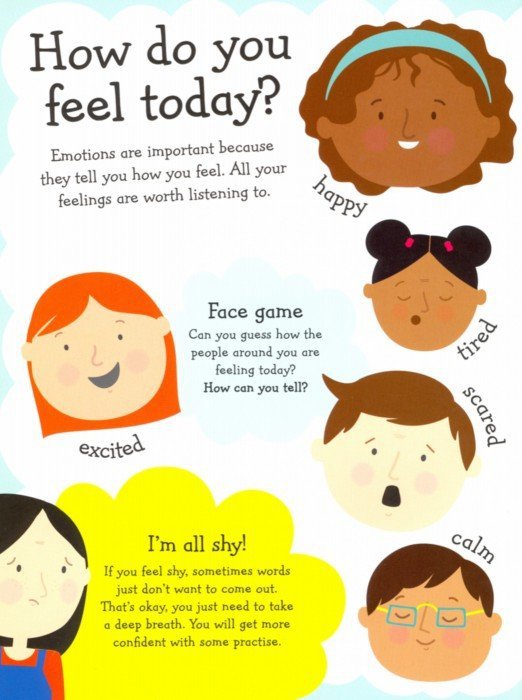
On the other hand, I haven't always been quite like this. I think it was my defense mechanism to get through a depression a while ago. And it worked, I'm not depressed anymore. I am actually really happy usually. I would never have identified this as a problem until last night when she questioned if I could ever be capable of being that emotional support, feeling feelings, having empathy. Bit of a slap to the face, makes me feel like an alien. Being told that I basically don't understand what it is to be human. Emotions are what make us human, right? So I'm blocking out half of the human experience, the negative side.
But then, the left-brain kicks in. Why would anyone want to feel bad? Isn't it better to address problems than to cry about them, and why can't everyone else see that? Do I need to see a therapist?
And then... Do I even really care?
Beep boop... beep boop....
“I feel like a robot without feelings and thoughts. What to do?"
Ask an expert
Lately I feel empty. There are no thoughts, it seems that there is dead silence in my head. I can even force myself not to feel pain. Like a zombie. Thought it was fatigue. I can't say anything sensible, nothing good comes to mind. I live like a robot that has no soul, only a program. It's scary to realize it. I do not know what to do.
There are no thoughts, it seems that there is dead silence in my head. I can even force myself not to feel pain. Like a zombie. Thought it was fatigue. I can't say anything sensible, nothing good comes to mind. I live like a robot that has no soul, only a program. It's scary to realize it. I do not know what to do.
Vladimir, 21 years old
Vladimir, the essence of your problem, in my opinion, is in the statement that you "live like a robot." Let's figure it out. At what point did you feel empty? What preceded this? Perhaps there was some traumatic event that was difficult for you to go through, and you decided to forbid yourself from feeling. nine0003
What does dead silence mean to you personally? If you think, this already indicates that there is no emptiness in the head. Try to determine what you would like to fill your thoughts with.
You write that you can't say anything useful. Where did you get this idea, did someone tell you about it? What thoughts and statements do you consider sensible, and which are empty? Try to remember the moment when you felt happy - how did you live then? What helped you feel joy and meaning? nine0003
Now you feel that you are living like a robot with a programmed program. What is this program? Who is its creator? Perhaps your parents or your environment? Most likely, you feel that you cannot choose what you like, so you have to follow what you are told.
What is this program? Who is its creator? Perhaps your parents or your environment? Most likely, you feel that you cannot choose what you like, so you have to follow what you are told.
Everyone can write their own program for themselves. But to do this, you need to really get to know yourself
The soul is something emotional, alive, real. By suppressing your emotions and feelings for a long time, you come to emptiness and loss of yourself. Moreover, you write that you almost do not feel pain. Perhaps you yourself are making yourself a robot, avoiding unpleasant experiences. nine0003
You ask what to do. Try to analyze, feel the key moments of life. Try to determine - from what inner pain are you running away into insensibility? What makes you angry or happy? What emotions do you experience and how can you express them? What needs to happen now to make you feel happy? What kind of life do you want to live?
Everyone can write their own program for themselves.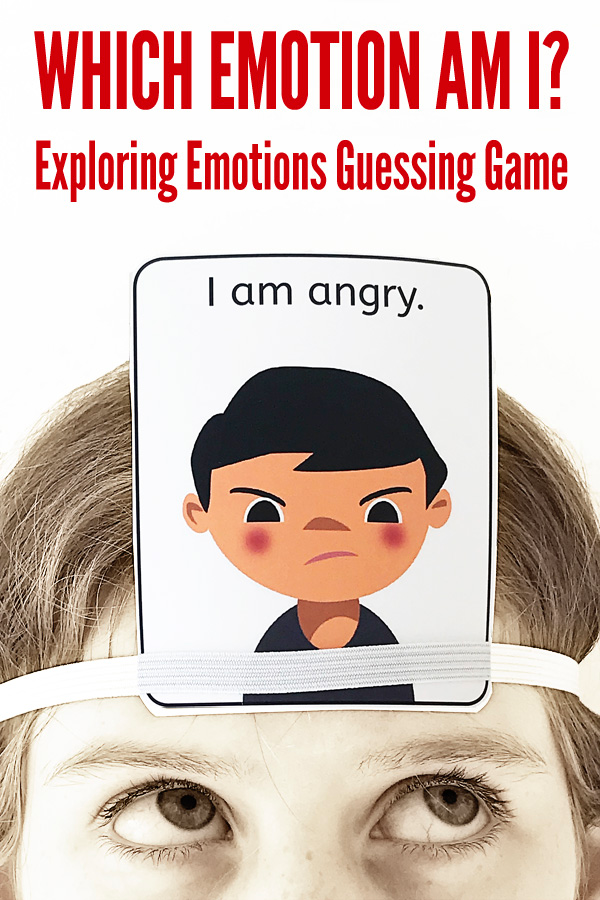 But to do that, you need to really get to know yourself. It is important to understand what kind of person you are. Examine your qualities and characteristics. Live any difficulties as a part of life. nine0003
But to do that, you need to really get to know yourself. It is important to understand what kind of person you are. Examine your qualities and characteristics. Live any difficulties as a part of life. nine0003
Trying to get rid of worries, you make a "zombie" out of yourself. For where there is no pain, there is no joy. Learn to be open to new experiences, become a self-sufficient and emotionally independent person who relies on internal guidelines and desires in decisions. Then you will feel the taste of life again.
Photo Source: Getty Images
New on the site
Schedule for the day: 6 relaxation exercises - try today
Management, management and creativity: how to grow your business in difficult times - 11 coaching tips
How to love yourself more than others: advice from a self-acceptance expert
“People with smartphones piss me off”
Infectious “kraken”: what is the danger of a new variant of coronavirus
Iron deficiency: what foods will protect against anemia
What a therapist will teach you: 3 anti-anxiety exercises - personal experience
"Husband is texting another woman: he regrets his marriage and complains that I am a bad mother"
What is it like to live without feeling emotions?
- David Robson
- BBC Future
Sign up for our 'Context' newsletter to help you understand what's going on.
Image copyright, Getty
There are people in the world who don't know joy, sadness, love... Sometimes this is due to a disorder of brain activity, known in modern science as "alexithymia". Correspondent BBC Future tried to find out what difficulties those who live with such a disorder have and what benefits it brings. nine0064
Caleb tells me about the birth of his son, who is now eight months old.
"Have you heard how parents talk about the feelings of love and joy that came over them at the sight of their newborn baby?" he asks.
"Well," my interlocutor continues after a dramatic pause, "I didn't feel anything like that."
His own wedding also touched him a little. Trying to explain his then state, he gives a metaphor for a Broadway show: the audience is sitting in the hall; she is emotionally involved in the theatrical action; and behind the scenes, in the meantime, stage workers are on duty, who, remaining indifferent to the performance on a sensual level, participate only in its technical implementation. nine0003
nine0003
(Other BBC Future articles in Russian)
At his own wedding ceremony, Caleb, unlike most of the participants in this exciting event, did not experience a surge of feelings.
"I played my role purely mechanically," says Caleb (he asked not to give his last name).
Even as his bride walked down the aisle, the only thing he felt was blood rushing to his cheeks and heaviness in his legs; in his heart he felt neither joy, nor happiness, nor love...
Caleb confesses to me that he never experiences emotions at all, either positive or negative.
We met on an Internet forum for people with the so-called alexithymia - a kind of emotional color blindness that deprives a person of the ability to distinguish and express various sensory-emotional nuances.
Photo copyright, Getty
Photo caption,An emotionless person may find the behavior of other, emotional people inadequate
Of those who suffer from this disorder, about half are autistic. However, Caleb and many other "Alexas" do not exhibit any other autistic traits other than being emotionless, such as compulsive (compulsive) behavior, for example.
However, Caleb and many other "Alexas" do not exhibit any other autistic traits other than being emotionless, such as compulsive (compulsive) behavior, for example.
What does it mean to "fall in love" for someone who is basically incapable of feeling love or even sympathy for another?
A deep study of "emotional color blindness" can shed light on a number of comorbidities such as anorexia, schizophrenia, irritable bowel syndrome. nine0003
The stories shared on the forum by members of the Alex community make us rethink the emotional experiences we all seem to know so well.
Take, for example, falling in love. How can a person fall in love who does not even know such basic feelings as tenderness and sympathy? After all, it is they who kindle a spark of love in us...
Multi-layered emotional and sensory sphere the next one is more intricate than the previous one. nine0003
At the heart of the emotional and sensory sphere of a person are bodily sensations - for example, when we see a beloved, we feel our heart jumping; and when we are angry, we often experience stomach cramps.
Our brain assigns a certain value to each of these sensations - then you know whether it is positive or negative, strong or weak.
This is how amorphous sensations take shape, and a certain conscious image appears in the emotion.
Emotions can have many nuances and sometimes combine experiences of different colors (for example, light sadness). nine0003
Skip Podcast and continue reading.
Podcast
What was that?
We quickly, simply and clearly explain what happened, why it's important and what's next.
episodes
The End of the Story Podcast
Sooner or later we find suitable words to describe our emotional states - we are able to verbally describe our state of despair or joy, for example, and we can also explain what led us to a particular emotional state . nine0003
nine0003
In 1972, when alexithymia was first scientifically described, it was assumed that the problem occurs precisely at this last, linguistic stage; it was assumed that people suffering from alexithymia at a deep level feel like everyone else and that they are unable to only describe their emotional state in words.
Scientists have suggested that this may be due to a disruption in normal communication between the two hemispheres of the brain, which prevents the transmission of signals from the emotional centers, located mainly in the right hemisphere, to the left hemisphere centers responsible for speech. nine0003
We need this kind of transmission in order to verbalize what we feel, explains Katharina Görlich-Dobre from the RWTH Aachen University in northern Germany.
This could be seen when doctors first tried to treat epilepsy by removing the connecting two lobes of the fiber; such surgery reduced the number of epileptic seizures, but the patients who underwent the operation became "emotionally mute. "
"
Another important, though less sensational, discovery made by Görlich-Dobre herself through tomography is that people with alexithymia have abnormally dense neural connections.
Image copyright, SPL
Image caption,When the fibers connecting the two hemispheres are surgically removed, patients become emotionally mute and unable to express their feelings
poorly tuned radio), and the connection with the emotional zones, respectively, is broken. nine0003Scientists now know that there are many different types of alexithymia.
Some "Alexas" have difficulty expressing their emotions and feelings, while others (like Caleb) are not even aware of them.
Richard Lane of Arizona State University offers as an analogy the phenomenon of loss of vision in people who have sustained an injury to the visual cortex; the eyes themselves were not affected; nevertheless, the ability to distinguish visual images is lost.
In a similar way, a damaged neural circuit involved in the processing of emotional signals can prevent feelings of sadness, joy, or anger from reaching consciousness (to continue the metaphor of a multi-layered nesting doll, the problem arises at the level of the second "doll": the body reacts normally, but the integration of sensations is not occurs, and, accordingly, an emotional thought cannot be formed). nine0003
"It's possible that an emotion is activated and the body responds to it, but the person is simply not aware of their emotions," says Lane.
Recent studies using magnetic resonance imaging (tomography) have revealed signs of a more basic perceptual problem in some types of alexithymia.
Görlich-Dobre, for example, found a lack of gray matter in the centers of the cingulate cortex responsible for self-awareness, and suggested that this blocks the conscious representation of emotions. nine0003
And her colleague André Aleman of the University Center for Medical Research in Groningen, The Netherlands, found deficits in attention-related areas of the brain when alexithymic people look at emotionally charged pictures. He had the impression that their brain simply refused to register emotions.
He had the impression that their brain simply refused to register emotions.
"It seems to me that this is quite consistent with Lane's theory," says Aleman (initially he believed that the reasons for this phenomenon are different). "We are forced to admit them (Lane and his colleagues - approx. correctness".
This is how Caleb himself describes his gap in consciousness, which prevents the normal transmission of emotional signals to the left lobe of the brain.
In the end, the man in charge lost patience and attacked him with reproaches
Image copyright, SPL
Image caption,Contrary to the stereotype, not all autistic people suffer from emotional or social problems
"My body reacted in a strange way," recalls Caleb. vision. And then I completely forgot about this situation."
It seems that no event can shake such firm indifference. “The richer the emotion, the brighter, in theory, it should color my thinking,” says Caleb. “But in fact, my thinking is clearer and more prone to analysis.” nine0003
“But in fact, my thinking is clearer and more prone to analysis.” nine0003
There is one slight advantage: Caleb is more comfortable with medical procedures - simply because he does not associate any negative emotions with such an experience and does not feel fear or anxiety.
"I endure any unpleasant moments calmly, because I know that there are no [negative] emotional associations in my memory," my interlocutor admits. "But this means that positive memories are also washed out of my memory."
Short circuit in the brain
However, this compensation is insignificant - alexithymia is apparently associated with various other diseases, including schizophrenia and eating disorders. Because, probably, it is thanks to emotions that we usually begin to take better care of our physical and mental health.
A more precise definition of alexithymia would help to better understand the nature of comorbid disorders, as well as to learn more about the differences between different types of autism.
Geoffrey Bird from King's College London notes that, contrary to stereotypes, half of autistic people are quite capable of perceiving other people on an emotional plane and of adequate emotional reactions, and those who have difficulty with socialization usually suffer from alexithymia.
Therefore, he believes that the distinction between these two types of disorders will lead to more adequate care and treatment.
In the meantime, remaining misunderstandings in this area often prevent autistic people from getting the help they really need. nine0003
"I worked with an autistic woman who wanted to be a nursing assistant," says Bird. no problem with emotions."
Further work in this direction could also shed light on the puzzling association with somatic diseases such as chronic pain and irritable bowel syndrome, which are unusually common in patients with alexithymia. nine0003
Lane suggests that the reason is a kind of "short circuit" in the brain, which is a consequence of "emotional color blindness". According to him, conscious perception of emotions helps to dampen the physical sensations associated with a particular emotion.
According to him, conscious perception of emotions helps to dampen the physical sensations associated with a particular emotion.
Image copyright, Getty
Image caption,Trying to connect with their emotions, "Alexas" often walk their lives alone brain, then mechanisms are activated that modulate the processes in the body from top to bottom, "says Lane. However, without an emotional outlet, the mind can get stuck in physical sensations, leading to increased reactions. nine0003
According to Görlich-Dobre, "they (the "Alexas") are hypersensitive to sensations in the body and cannot focus on anything else, which is probably one of the reasons for the chronic pain they experience."
Some studies have indeed shown that "Alexas" are unusually sensitive to sensations in the body, although the results of other experiments refute these conclusions.
Descriptions of physical sensations often dominate Caleb's stories about difficult moments in his life, such as leaving his family.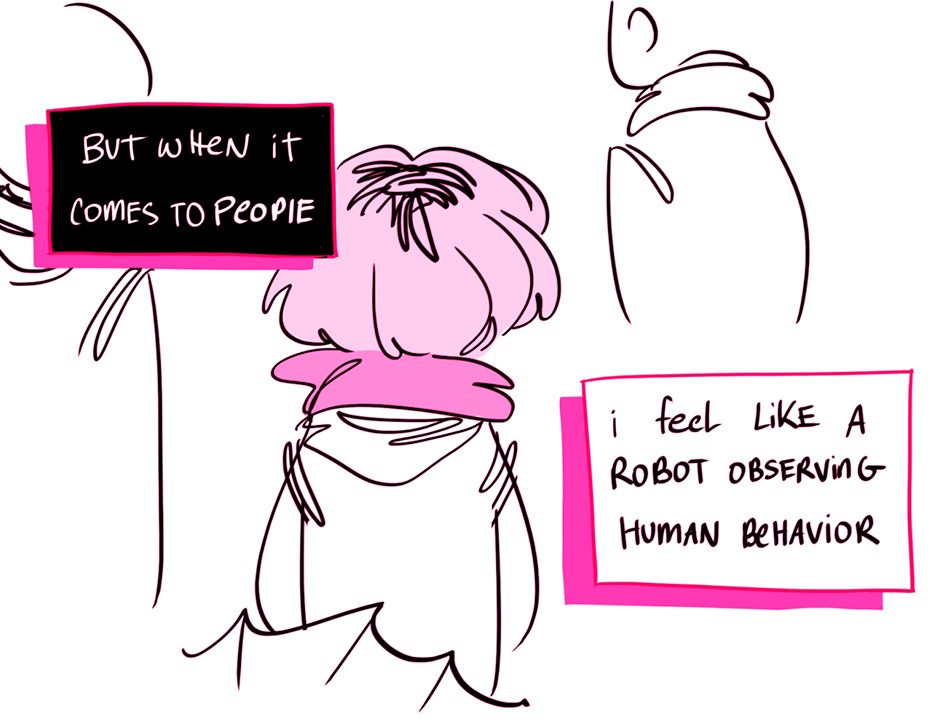 nine0003
nine0003
"In general, I don't miss people, it seems to me. If I go away and don't see someone for a long time, my life goes according to the principle "Out of sight, out of mind," he admits. I don’t have my wife and child around, then I physically feel pressure or stress.”
Reconnecting with Lost Feelings
It is hoped that doctors will eventually identify the causes of alexithymia and help their patients avoid the "snowball" effect of it on the body. nine0003
Caleb believes that his condition was born at birth and could be caused by genetic factors. Features of upbringing and emotional responsiveness of parents can also play a role here.
But there are people who become "alexes" as a result of psychological trauma that impairs their ability to process some or even all of their emotions.
Lane introduced me to one of his patients, Patrick Dust, who was abused as a child by an alcoholic father, so that at one point his life was even threatened. nine0003
nine0003
"One evening, when he returned home, he and his mother had another fight. And then he said, 'I'm going to go get my gun now and shoot you all.' We ran to the neighbors and called the police from their house."
Several decades have passed since then, and all this time it has been difficult for him to understand and interpret his emotions, especially the fear and anger that he still feels towards his parents.
Dust suspects that he developed fibromyalgia - diffuse musculoskeletal chronic pain and weakness throughout the body - as well as an eating disorder as a result. nine0003
At first under Lane's guidance, and later on his own, Dust remembered his old experiences and reconnected with emotions that he had always tried to hide deeper. As a result, his fibrogic pains were relieved.
"I discovered a huge anger that I felt without realizing it," explains Patrick. "It's the most important thing I've done in my life. " He had just finished work on a book in which he described this process. To better socialize, Caleb also saw a cognitive behavioral therapist, and now, through conscious decision, he can better analyze his own physical sensations and relate them to other people's emotions. nine0003
" He had just finished work on a book in which he described this process. To better socialize, Caleb also saw a cognitive behavioral therapist, and now, through conscious decision, he can better analyze his own physical sensations and relate them to other people's emotions. nine0003
While this process remains largely an exploratory exercise, it allows Caleb to understand his wife's feelings and why she does what she does.
Photo copyright, Getty
Photo caption,By making a conscious decision to love, "Alexas" can bring stability to a relationship
However, not every alexithymia patient has such determination and perseverance. And not everyone manages to find a life partner who would be ready to accept the assumptions associated with this disease. nine0003
"It takes a lot of understanding from my wife... She realizes that I understand love and other things in a slightly different way," says Caleb.
On the other hand, he is emotionally stable and not subject to mood swings. "The compensation is that my relationship with my wife is a conscious choice for me," Caleb explains.
"The compensation is that my relationship with my wife is a conscious choice for me," Caleb explains.
He does not act on a whim, but on the basis of a conscious intention to love and care for her. This has been especially important in the last eight months.
"If we are going through some difficult situation - for example, a child does not sleep all night and cries - this will not affect my attitude in any way, because my connection is not based on emotions." nine0003
Caleb was not euphoric about his marriage or the birth of a child, but he spent most of his life looking inward, trying to feel and understand the sensations that he and the people around him experience.
He is one of the most caring and conscientious people I have ever had the pleasure of interviewing - a man who knows himself and his limitations through and through.
Concluding the conversation, he emphasizes that "emotional color blindness" does not make a person evil or selfish.

